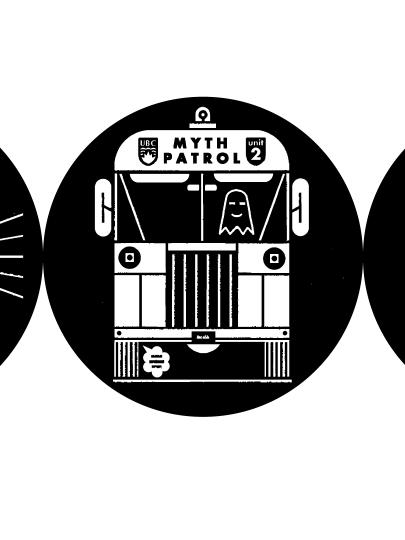
Career Change Myth vs. Reality
If you’ve ever contemplated a career change, you've likely wrestled with doubts. You're not alone. After years of leadership and career coaching, I consistently hear the same concerns about career changes: “I’d have to go back to school”, “I’ll have to start at the bottom” or “I’ll never make as much money.” When people ask me if these beliefs are myths or reality, my honest answer is that it depends. The reality of a career change is that the issues of additional schooling, job level and optimal salary depends on what you currently do and what you want to be doing instead. The bigger the delta between the two, the more challenging it can be. Challenging, however, does not mean impossible.
My best advice to anyone contemplating a career change:
- Start with a reality check: We all have needs, financial and otherwise, so get clear on yours. Know how much you need to earn to be financially comfortable. Figure out what matters most to you in the type of work you do and the environment in which you do it. Investigate whether new career opportunities will meet those needs. If so, you've got a powerful motivator to make the transition. If you need help with this process, career coaches or counsellors can be a great resource.
- Identify your gap(s): Once you know what you want to do, assess your current skills and experience in relation to what’s required in the new occupation. It can be tempting to assume additional education will make a career change easier, but not all careers require certification or advanced degrees. Often transferable skills and experiences are just as valuable, but we may downplay them simply because we lack confidence applying them to new occupations. Talk to people employed in the occupation to find out what skills, experience and education are really necessary. Compare it to your own skill set to figure out a realistic entry point in a new occupation. You may be surprised to find it’s not necessarily at the very bottom of the corporate ladder.
- It's a marathon, not a sprint: Career changes take time. You may find yourself pursuing part-time education while working in your current occupation, you may have gone from senior manager to specialist, or you may be frustrated that your resume isn't getting responses. In these moments, remind yourself of your reality check. You know what you need to earn, what you want to do, and that it matters to you. This will help you stay the course.
Guest Blogger: Lindsay Parker, BA'01
 UBC alumna Lindsay Parker is a staunch advocate for taking control of your career. She’s helped organizations in multiple industries increase employee engagement and retention through simple and effective approaches to career and leadership development. She’s currently tackling these exciting challenges at Ledcor, recently named by Indeed as one of Canada’s top 20 places to work. Her ear is always open for conversations about career growth, leadership development, the power of mindsets, and busting myths about sustained behavioural changes.
UBC alumna Lindsay Parker is a staunch advocate for taking control of your career. She’s helped organizations in multiple industries increase employee engagement and retention through simple and effective approaches to career and leadership development. She’s currently tackling these exciting challenges at Ledcor, recently named by Indeed as one of Canada’s top 20 places to work. Her ear is always open for conversations about career growth, leadership development, the power of mindsets, and busting myths about sustained behavioural changes.





























